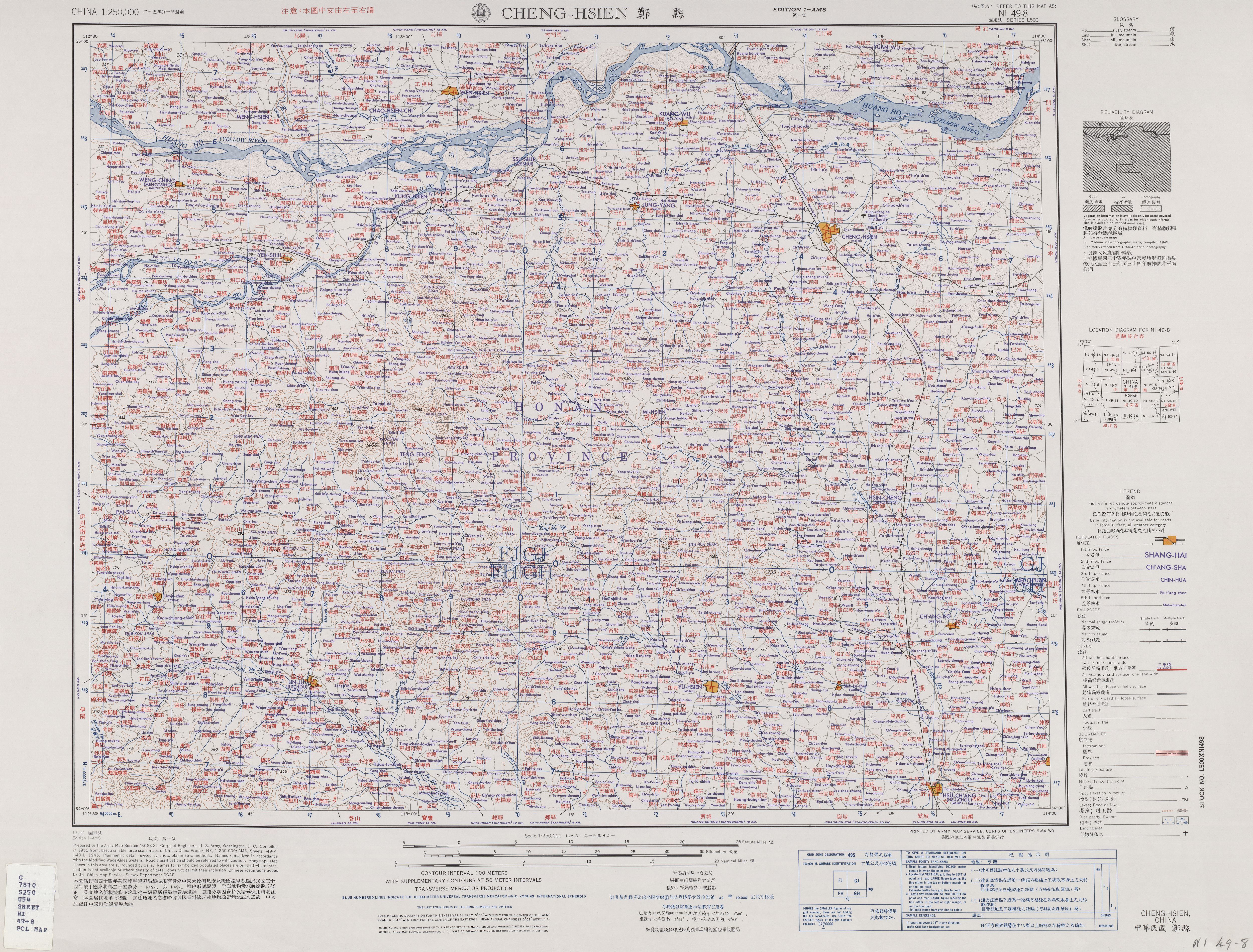|
An Chongzhang
Li Baoyu () (703 – April 15, 777), né An Chongzhang (), known for some time as An Baoyu (), formally Duke Zhaowu of Liang (), was an ethnic SogdianHoward, Michael C., ''Transnationalism in Ancient and Medieval Societies, the Role of Cross Border Trade and Travel'', McFarland & Company, 2012, p. 135. general of the Chinese Tang dynasty. He was known for his contributions to Tang during the Anshi Rebellion and for his subsequent defense of the western border against Tufan. Background An Chongzhang was born in 703, during the reign of Wu Zetian. His family was originally from Parthia but had lived for generations in the Hexi region, and his great-grandfather An Xinggui () was a contributor to Tang dynasty's establishment, having overthrown one of the contenders for supremacy during the transition from Sui to Tang, Li Gui the Emperor of Liang and united Li Gui's Liang state to Tang. The An family was known for its capability in tending horses, and a number of An family membe ... [...More Info...] [...Related Items...] OR: [Wikipedia] [Google] [Baidu] |
Western Liang (Sixteen Kingdoms)
Liang, known in historiography as the Western Liang (; 400– 421), was a dynastic state of China listed as one of the Sixteen Kingdoms. The Western Liang was founded by the Li family of Han descent. The founder of the Tang dynasty, Li Yuan ( Emperor Gaozu), traced his patrilineal ancestry to the Western Liang rulers and traced the ancestry of the Western Liang rulers to Li Guang, Li Xin, and Laozi in the paternal line. The ruling Li clan of the Western Liang was known as the Longxi Li lineage ( 隴西李氏).《新唐书·宗室世系表》 All of Western Liang's rulers declared themselves as ''gōng''s (公), which is translated to "Dukes". Their territory encompassed modern-day northwestern Gansu, and for this reason, they were given the prefix of "Western" in historiography to distinguish them with the other Liang states at the time. History Background Western Liang's founder, Li Gao was from the House of Li, Li clan of Longxi, a prominent Han Chinese family tha ... [...More Info...] [...Related Items...] OR: [Wikipedia] [Google] [Baidu] |
Emperor Xuanzong Of Tang
Emperor Xuanzong of Tang (; 8 September 685 – 3 May 762), personal name Li Longji, was an Emperor of China, emperor of the Tang dynasty of China, reigning from 712 to 756. His reign of 44 years was the longest during the Tang dynasty. Through two palace coups, he seized the throne and inherited an empire still in its golden age. He was initially assisted by capable chancellors like Yao Chong, Song Jing and Zhang Yue (Tang dynasty), Zhang Yue who were already serving as government officials before Xuanzong ascended the throne. However, under Emperor Xuanzong, the empire reached its turning point and went into sharp decline and near collapse, due to numerous political missteps throughout his long reign, such as over-trusting chancellors Li Linfu, Yang Guozhong and general An Lushan, with Tang's golden age (metaphor), golden age ending in the An Lushan rebellion. Background Li Longji was born at the Tang dynasty eastern capital Luoyang in 685, during the first reign of his fat ... [...More Info...] [...Related Items...] OR: [Wikipedia] [Google] [Baidu] |
Zhengzhou
Zhengzhou is the capital of Henan, China. Located in northern Henan, it is one of the nine National central city, national central cities in China, and serves as the political, economic, technological, and educational center of the province. The Zhengzhou metropolitan area (including Zhengzhou and Kaifeng) is the core area of the Central Plains Economic Zone. The city lies on the southern bank of the Yellow River. Zhengzhou is a major hub of China's domestic and international transportation network; for example, it is connected to Europe and has an international airport. Zhengzhou is a National Civilized City and a List of National Famous Historical and Cultural Cities in China, State-list Famous Historical and Culture City. As of 2020, there are two List of World Heritage Sites in China, World Cultural Heritage Sites in Zhengzhou. The Zhengzhou Commodity Exchange (ZCE) is China's first futures exchange. Zhengzhou Airport Economy Zone is China's first Airport Economy Zone. As o ... [...More Info...] [...Related Items...] OR: [Wikipedia] [Google] [Baidu] |
Jiedushi
The ''jiedushi'' (, Old Turkic: Tarduş) or jiedu, was a regional military governor in China; the title was established in the Tang dynasty and abolished in the Yuan dynasty. The post of ''jiedushi'' has been translated as "military commissioner", " legate", or "regional commander". Originally introduced in 711 to counter external threats, the ''jiedushi'' were posts authorized with the supervision of a defense command often encompassing several prefectures, the ability to maintain their own armies, collect taxes and promote and appoint subordinates. Powerful ''jiedushi'' eventually became '' fanzhen'' rulers (''de facto'' warlords) and overrode the power of the central government of Tang. An early example of this was An Lushan, who was appointed ''jiedushi'' of three regions, which he used to start the An Lushan Rebellion that abruptly ended the golden age of the Tang dynasty. Even after the difficult suppression of that rebellion, some ''jiedushi'' such as the Three Fanz ... [...More Info...] [...Related Items...] OR: [Wikipedia] [Google] [Baidu] |
An (surname)
The surname Ān is a Chinese surname () which literally means "peace" or "tranquility". It also serves as an abbreviation of ''Ānxī'' (安息), meaning "Arsacid Empire, Arsacid" in Chinese and can be romanized as ''On''. Visitors to China who came from Arsacid-held territories often took the name ''An''. In 2008, it was the 110th most common surname in the People's Republic of China, shared by over 1.7 million citizens.中国最新300大姓排名(2008 [Statistics on the number of citizens with each surname in China, based on records of National Identity Cards]." 2009-01-06. Accessed 20 Jun 2015. The surname is most common in Northern China. It is the 79th name on the ''Hundred Family Surnames'' poem.K. S. Tom. [1989] (1989). Echoes from Old China: Life, Lege ... [...More Info...] [...Related Items...] OR: [Wikipedia] [Google] [Baidu] |

